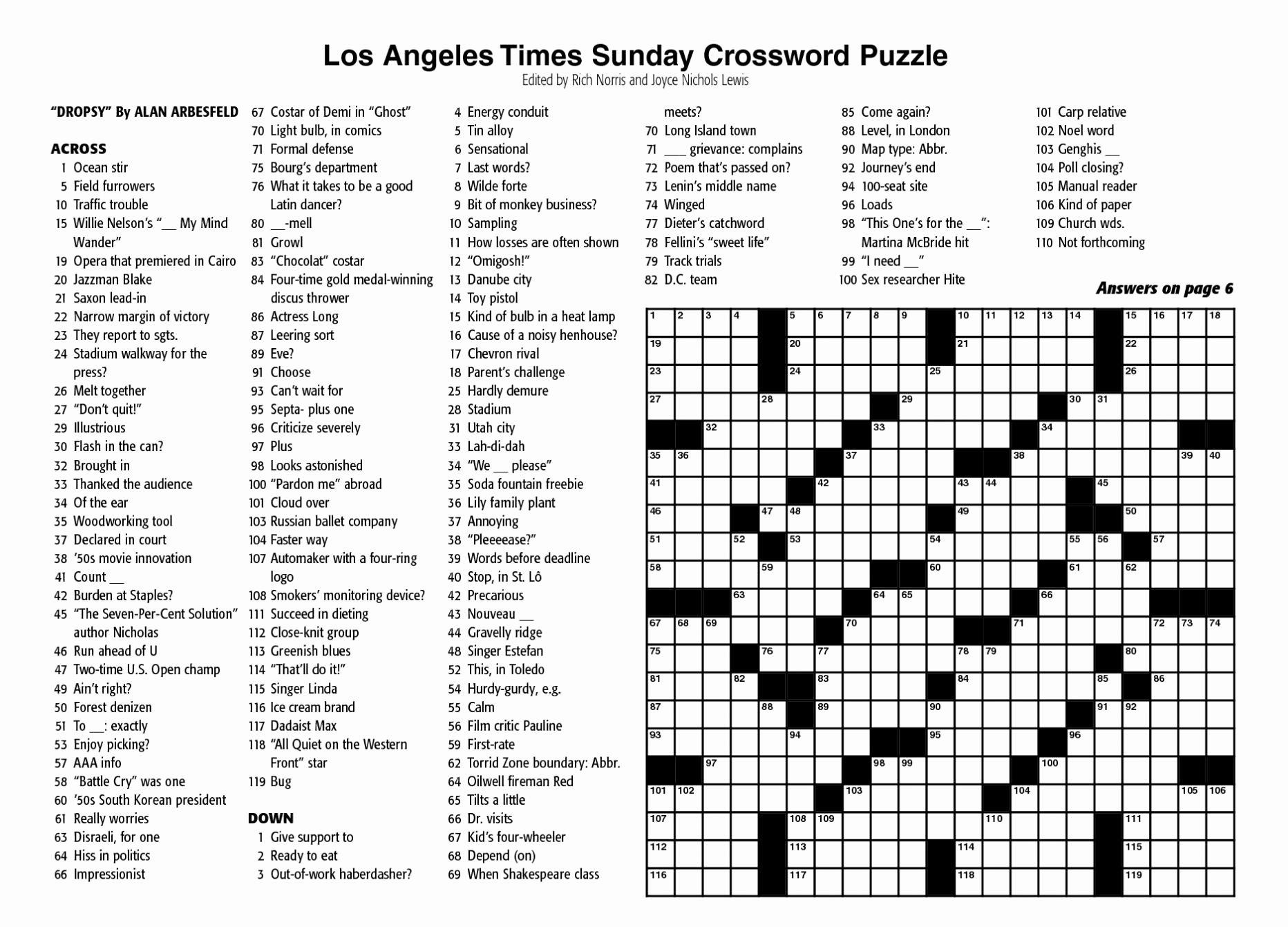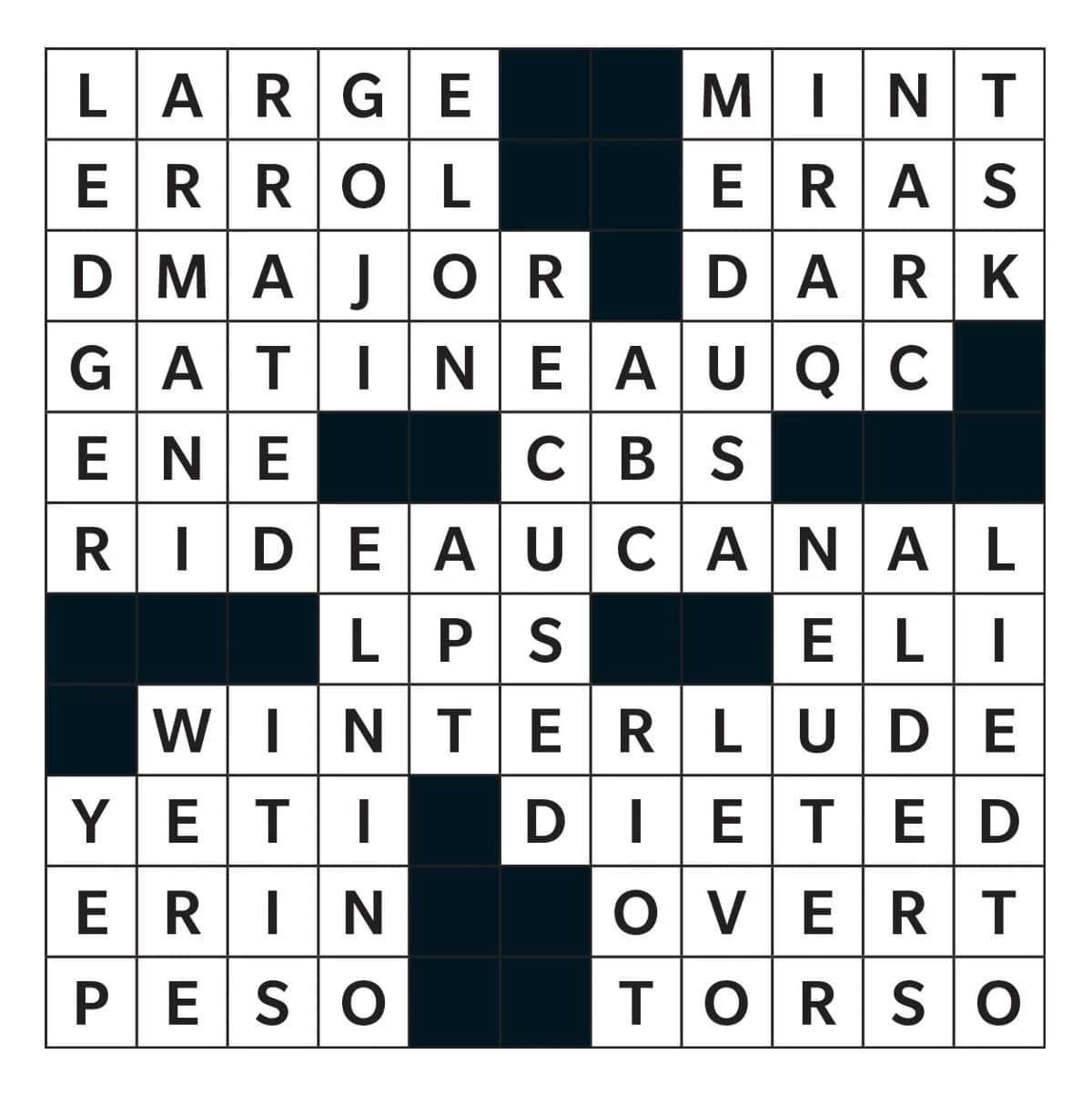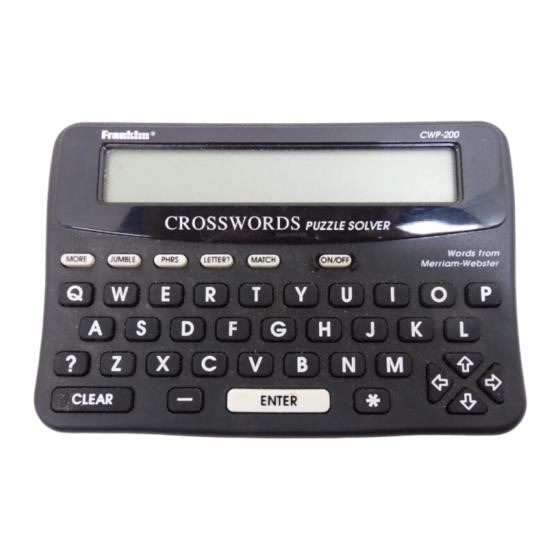Manual Reader Crossword Clues⁚ A Comprehensive Guide
This guide delves into the nuances of “manual reader” crossword clues‚ exploring common answers like “USER” and “USERS‚” variations in clue phrasing‚ and the influence of puzzle publication. We’ll examine answer lengths‚ frequency‚ and specific publication styles‚ offering strategies for tackling both straightforward and challenging clues. Understanding these aspects will significantly enhance your crossword-solving skills.
Common Crossword Answers
The most frequent solutions for “manual reader” crossword clues are short and concise‚ reflecting the constraints of crossword grids. “USER” is a prevalent four-letter answer‚ fitting neatly into many puzzle layouts. Its simplicity and direct connection to the clue’s meaning make it a popular choice among crossword constructors. The plural form‚ “USERS‚” serves as a reliable five-letter alternative‚ equally applicable when the clue necessitates a plural response. While less common‚ longer answers might appear‚ depending on the specific crossword puzzle and its difficulty level. The choice of “USER” or “USERS” often hinges on the number of available squares in the grid‚ illustrating the crucial interplay between clue and grid mechanics in crossword construction.
Occasionally‚ synonyms or related terms might surface‚ though these are less frequent than “USER” and “USERS.” The selection of the most suitable answer ultimately relies on the specific context provided within the crossword puzzle itself‚ demanding careful consideration of intersecting words and the overall puzzle structure.
Variations in Clue Phrasing
Crossword clues for “manual reader” exhibit considerable phrasing diversity‚ demanding solvers to think flexibly. Instead of a direct phrasing like “Manual reader‚” clues might employ synonyms or related concepts. For instance‚ clues might refer to someone who “consults instructions‚” “follows a guide‚” or “interprets directions‚” all subtly hinting at the same central idea. The use of more descriptive or figurative language adds a layer of complexity‚ requiring solvers to decipher the underlying meaning beyond the literal. Some clues might allude to specific types of manuals‚ such as “instruction manual reader” or “computer manual reader‚” further narrowing the field of potential answers but also increasing the difficulty.
The use of wordplay or puns can also transform clue phrasing‚ adding an extra layer of challenge. A clue might employ a double meaning or a word with multiple interpretations‚ demanding a deeper understanding of language and its nuances. This variability in clue construction underscores the importance of flexible thinking and the ability to identify underlying connections rather than relying solely on literal interpretations.
Answer Lengths and Frequency

The most common answer lengths for “manual reader” crossword clues are four and five letters‚ with “USER” (4 letters) and “USERS” (5 letters) appearing most frequently. This reflects the concise nature of crossword puzzles and the preference for shorter‚ more common words. However‚ variations exist depending on the specific crossword puzzle and its difficulty level. Longer answers are less common but might appear in larger or more challenging puzzles‚ potentially incorporating more descriptive terms or phrases. The frequency of these answers also varies across different crossword publications. Some publications may favor shorter answers while others might utilize longer‚ more obscure terms.
Analyzing the frequency of answer lengths across various sources‚ such as the New York Times‚ LA Times‚ and Newsday crosswords‚ reveals patterns that can inform a solver’s approach. Knowing that shorter answers are statistically more likely can guide the solver’s initial guesses‚ especially when faced with multiple possibilities. Conversely‚ encountering a longer answer slot for this clue might suggest a more challenging or less common term.
Specific Publication Clues

Different crossword publications often exhibit unique styles and preferences in clue construction‚ influencing the answers for “manual reader.” The New York Times Crossword‚ known for its challenging clues and sophisticated wordplay‚ might present a more obscure or cleverly disguised clue compared to a simpler clue in the LA Times Crossword. Newsday‚ with its varying difficulty levels‚ might offer a range of clues‚ from straightforward to more cryptic. These variations are crucial to consider when solving. For example‚ a New York Times clue might use synonyms or metaphorical language‚ while a Newsday clue could be more direct.
Understanding these publication-specific styles helps anticipate the type of clue encountered. A solver familiar with the New York Times‘ penchant for wordplay will approach a “manual reader” clue differently than one accustomed to the more direct approach of the LA Times. Regularly solving crosswords from different publications can improve recognition of these stylistic nuances‚ leading to more efficient and successful solving.
New York Times Crossword
The New York Times Crossword‚ renowned for its difficulty and sophisticated cluing‚ presents a unique challenge for “manual reader” clues. Expect less straightforward definitions and more reliance on wordplay‚ cryptic phrasing‚ or indirect associations. The puzzle’s editors favor clues that require lateral thinking and a strong vocabulary. Instead of a simple “Person who reads a manual‚” you might encounter a clue like “One consulting the owner’s guide‚” “Technician’s reference user‚” or a more cryptic clue employing wordplay or misdirection.
Past instances suggest that even seemingly simple answers like “USER” or “USERS” might be presented in a way that demands careful consideration of the clue’s nuances. The New York Times often uses concise and elegant phrasing‚ maximizing impact with minimal words. Therefore‚ solvers should anticipate complex wordplay and a need for careful analysis to uncover the intended answer‚ even for seemingly simple crossword entries like “manual reader.”
LA Times Crossword
The LA Times Crossword‚ while often considered less challenging than the New York Times‚ still presents its own set of unique characteristics when it comes to “manual reader” clues. While direct definitions might appear‚ the LA Times also incorporates a degree of wordplay and indirect referencing‚ though generally less complex than its New York counterpart. The puzzle aims for accessibility while maintaining a level of intellectual stimulation. Expect clues that test vocabulary and general knowledge‚ but with a slightly gentler approach than the NYT’s famously cryptic style;
For “manual reader” clues‚ you might see clues focusing on the act of reading or consulting a manual‚ potentially incorporating synonyms or related concepts. The answer length is another crucial factor; the LA Times might favor shorter answers like “USER‚” but longer answers such as “READER” or even more nuanced answers aren’t entirely out of the question depending on the surrounding clues and the puzzle’s overall difficulty level. The puzzle frequently utilizes common vocabulary and straightforward phrasing‚ making it a good training ground for less experienced solvers.
Newsday Crossword
The Newsday Crossword occupies a middle ground in difficulty‚ often presenting a more challenging experience than many daily puzzles but remaining less cryptic than the New York Times. When encountering “manual reader” clues in Newsday‚ expect a blend of straightforward definitions and slightly more indirect phrasing. The puzzle frequently incorporates wordplay‚ but it’s usually more accessible than that found in cryptic crosswords. Pay close attention to the surrounding clues; Newsday often uses interconnected clues to guide solvers towards the correct answers.
While “USER” and “USERS” remain likely candidates for “manual reader” clues‚ Newsday might also employ synonyms or related terms‚ requiring a broader understanding of the context. The answer length can vary‚ but the puzzle often favors concise solutions. Consider the overall tone and style of the puzzle when interpreting a clue; Newsday tends to maintain a consistent level of difficulty throughout‚ avoiding overly obscure vocabulary or excessively complex wordplay. A solid grasp of common English vocabulary and a methodical approach to solving will generally suffice.
Alternative Clue Wordings
Crossword constructors rarely use the phrase “manual reader” directly. Instead‚ expect more creative and indirect phrasing. Clues might focus on the action of reading a manual‚ emphasizing the user’s interaction with the instructions; For example‚ “One who consults a guidebook” or “Someone studying directions” could cleverly allude to a manual’s user. The clue might also highlight the type of manual‚ focusing on its subject matter. “Tech support’s audience‚” “A handbook’s follower‚” or “Assembly instructions’ interpreter” all subtly point towards the same answer.
Furthermore‚ the clue might emphasize the result of reading the manual. Phrases like “They understand the instructions‚” “Knows how to assemble it‚” or “Successfully completing the project” could indicate the solver should consider someone who has gained knowledge from a manual. The level of obfuscation will vary depending on the puzzle’s difficulty‚ but understanding the different approaches to clue-writing is key to unlocking these alternative wordings. Always consider synonyms and related concepts when facing an unusual clue.
Utilizing Online Crossword Solvers
While solving manually is rewarding‚ online crossword solvers can be invaluable tools‚ especially for tricky clues like “manual reader.” These solvers often allow you to input the clue directly‚ along with the number of letters in the answer. Many sites‚ such as Crossword Solver and others mentioned in the provided text‚ offer extensive databases of crossword solutions. Entering “manual reader” (or a similar phrase if the clue is worded differently) will usually yield a list of potential answers‚ often including “USER” and “USERS‚” depending on the length required.
However‚ remember that online solvers should be used strategically. They are best employed when you’ve exhausted other solving methods or are stuck on a particularly challenging clue. Relying solely on solvers can hinder the development of your own problem-solving skills. Instead‚ use them as a last resort or to verify your own answers. The provided text highlights several websites dedicated to crossword puzzle solutions‚ making them readily accessible and helpful resources for those seeking assistance.
Strategies for Solving Manual Reader Clues
Approaching “manual reader” clues effectively involves considering various angles. Begin by analyzing the surrounding clues and the intersecting words in the crossword grid. These can often provide valuable letter hints or contextual clues. Think about different ways the clue might be phrased – is it looking for a single word or a phrase? The provided text shows examples where both “USER” (singular) and “USERS” (plural) are valid answers‚ depending on the clue’s wording and the number of available squares.
Consider synonyms and related terms; If the clue isn’t directly about someone reading instructions‚ it might allude to someone using a device or system. Think about alternative wordings such as “instruction follower” or “guide interpreter.” Don’t be afraid to brainstorm related concepts. Pay close attention to the number of letters required in the answer‚ as this significantly narrows down the possibilities. If you’re still struggling‚ utilizing online crossword solvers‚ as discussed previously‚ can help point you in the right direction without fully solving the puzzle for you.
Advanced Techniques for Difficult Clues
Tackling particularly challenging “manual reader” clues requires a more nuanced approach. When straightforward strategies fail‚ consider employing advanced techniques. Cryptic clues‚ common in some publications‚ often use wordplay or misdirection. Look for hidden definitions‚ anagrams‚ or puns within the clue itself. For example‚ a clue might describe the action of reading a manual indirectly. Carefully examine each word for potential double meanings or hidden references.
If the clue hints at a specific type of manual (e.g.‚ a technical manual‚ a user’s guide)‚ focus your search on terms associated with that field. Consider the publication’s style; some crossword puzzles favor more obscure or less common answers. Utilizing online resources beyond basic solvers can be beneficial. Crossword forums or dedicated websites often provide detailed explanations of particularly tricky clues‚ offering insights into the constructor’s intent. Remember that persistence and a systematic approach‚ combined with a willingness to explore multiple avenues‚ are key to conquering even the most challenging “manual reader” crossword clues.
